West Virginia Independence Hall
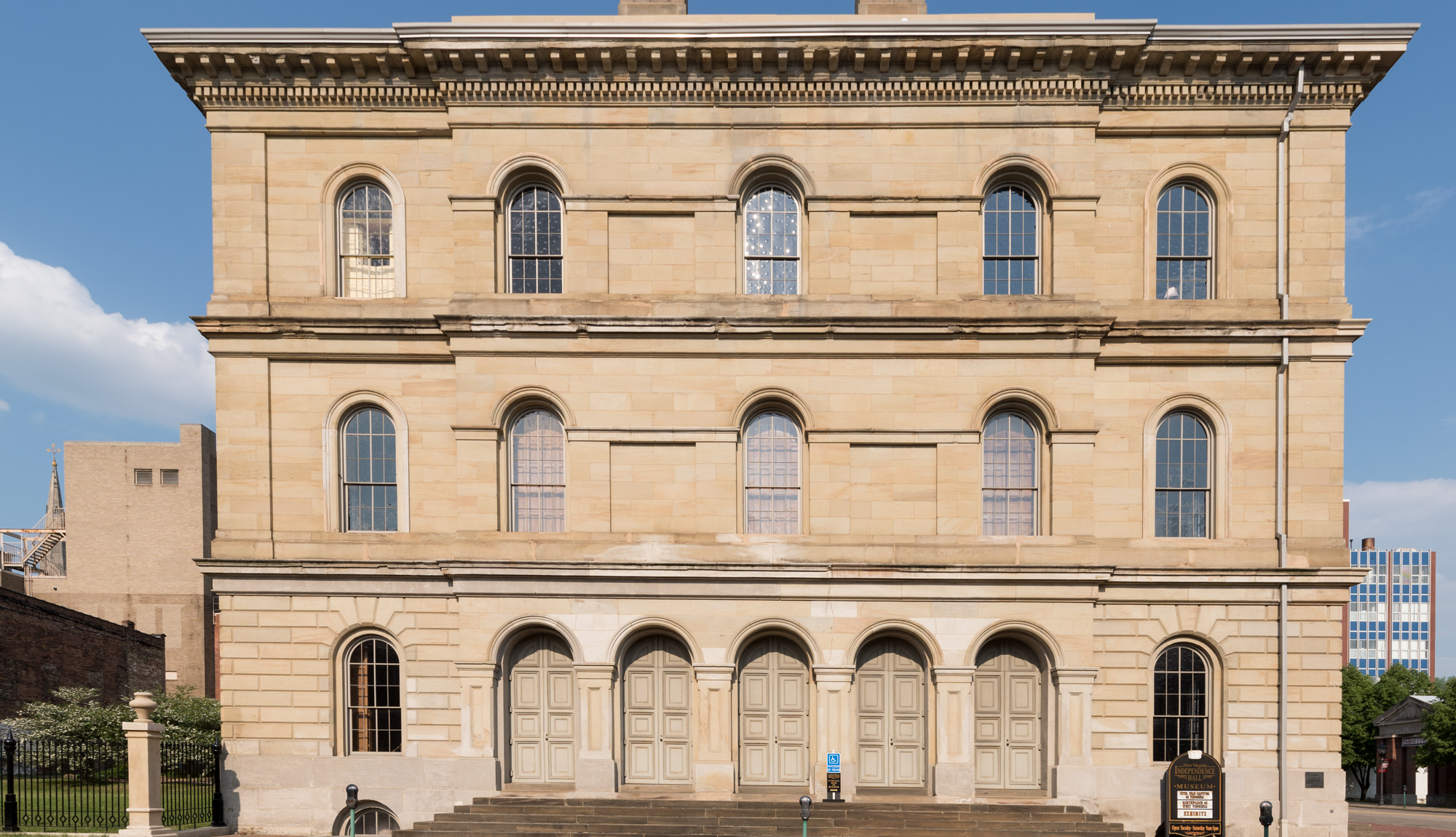

Built in 1859, this hand cut sandstone building was the Wheeling Custom House with a post office and federal court. From 1861–1863, it was the capitol of the “Restored Government of Virginia” and is now called the “Birthplace of West Virginia.”
West Virginia Independence Hall has many exciting exhibits including 14 original Civil War battle flags, the original post office, and the beautiful, restored court room.
https://wvculture.org/explore/wv-independence-hall/
(304) 238-1300
Open Tuesday through Saturday 9:00 a.m. to 5:00 p.m.
Closed Sundays and Mondays
Admission to the museum is free
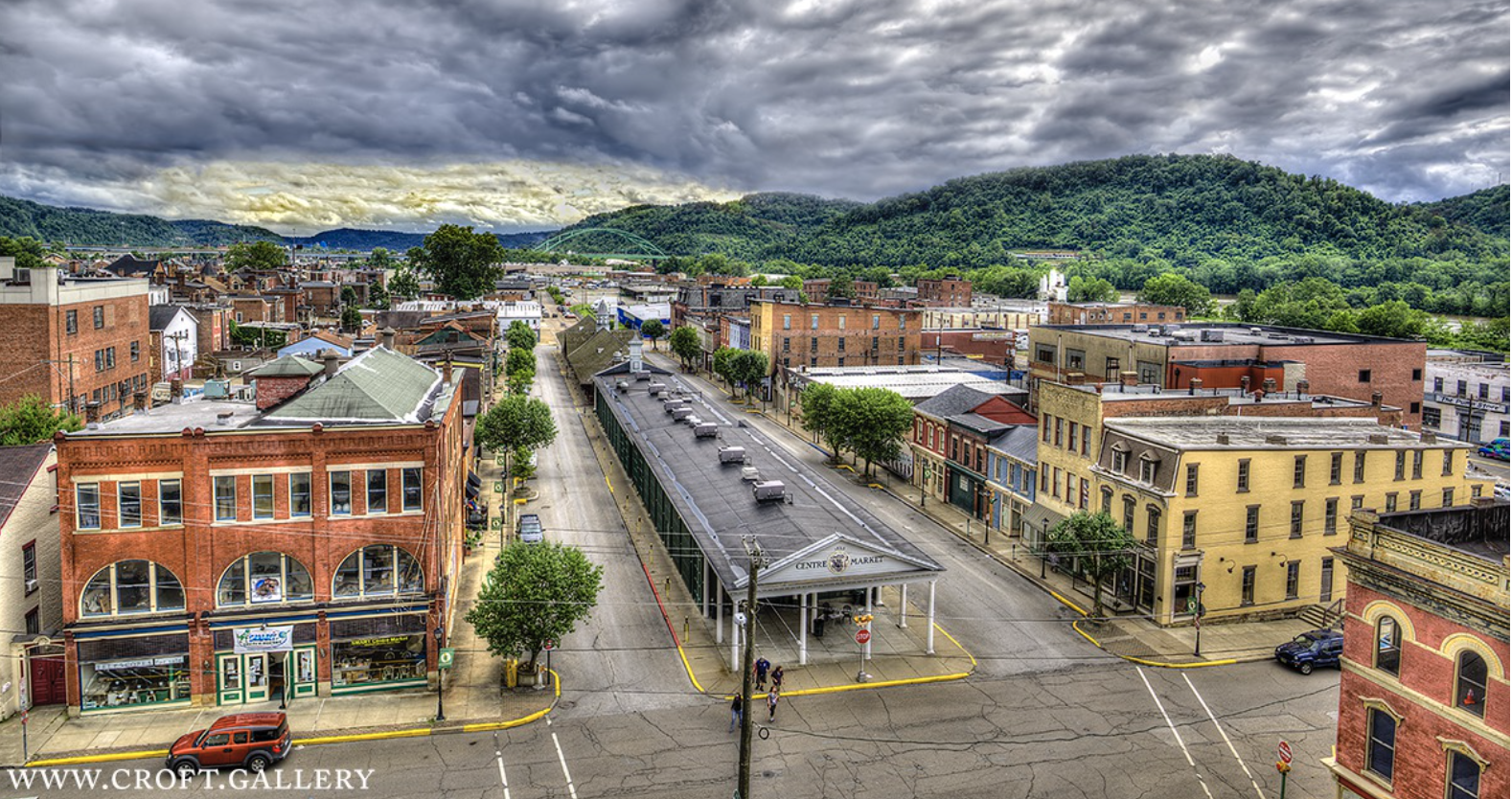
Wheeling, West Virginia, USA
Distance: 0.05 mi (straight line)
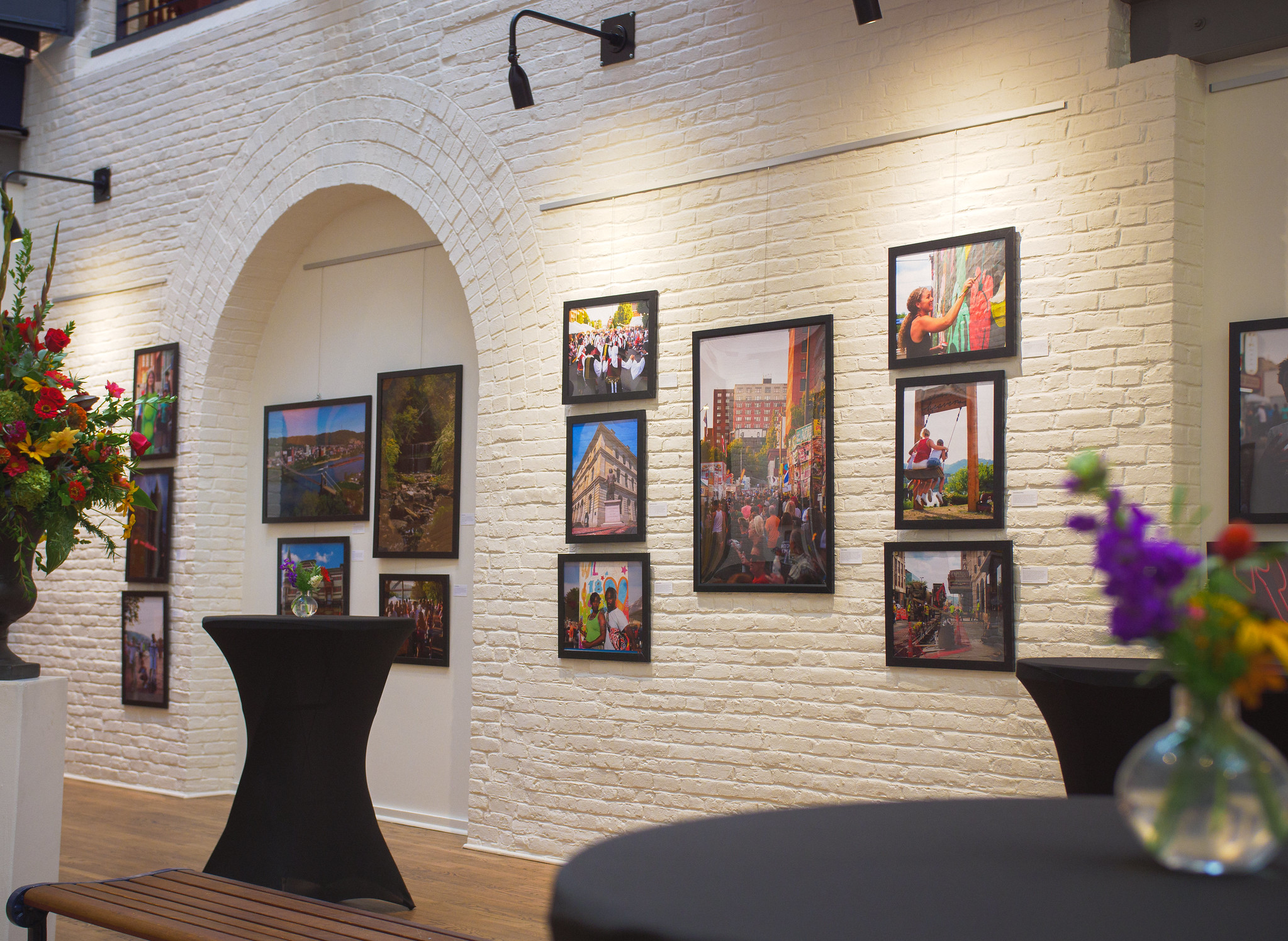
Wheeling Artisan Center Shop, Main Street, Wheeling, WV, USA
Distance: 0.09 mi (straight line)
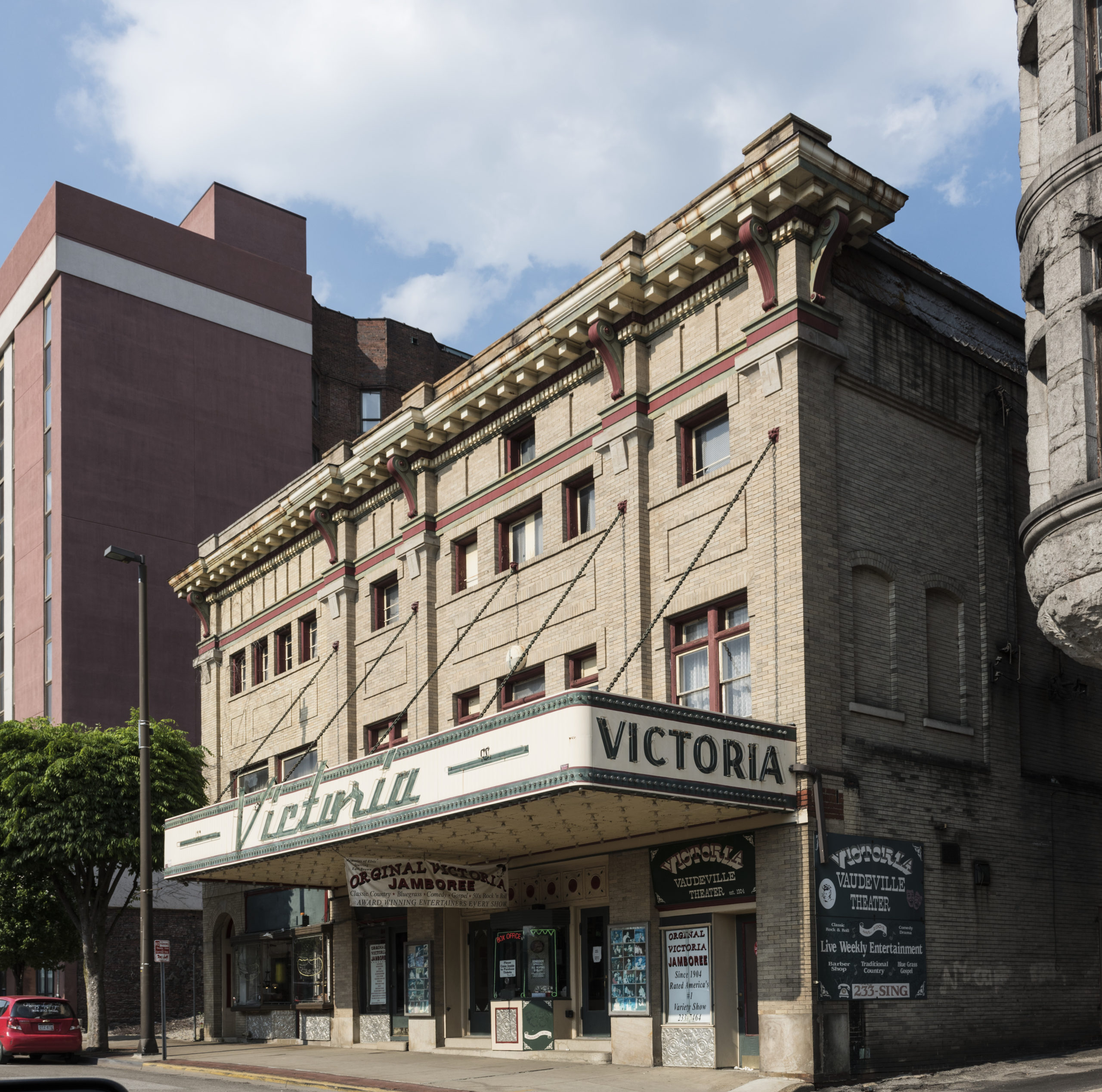
Victoria Theater, Market Street, Wheeling, WV, USA
Distance: 0.16 mi (straight line)
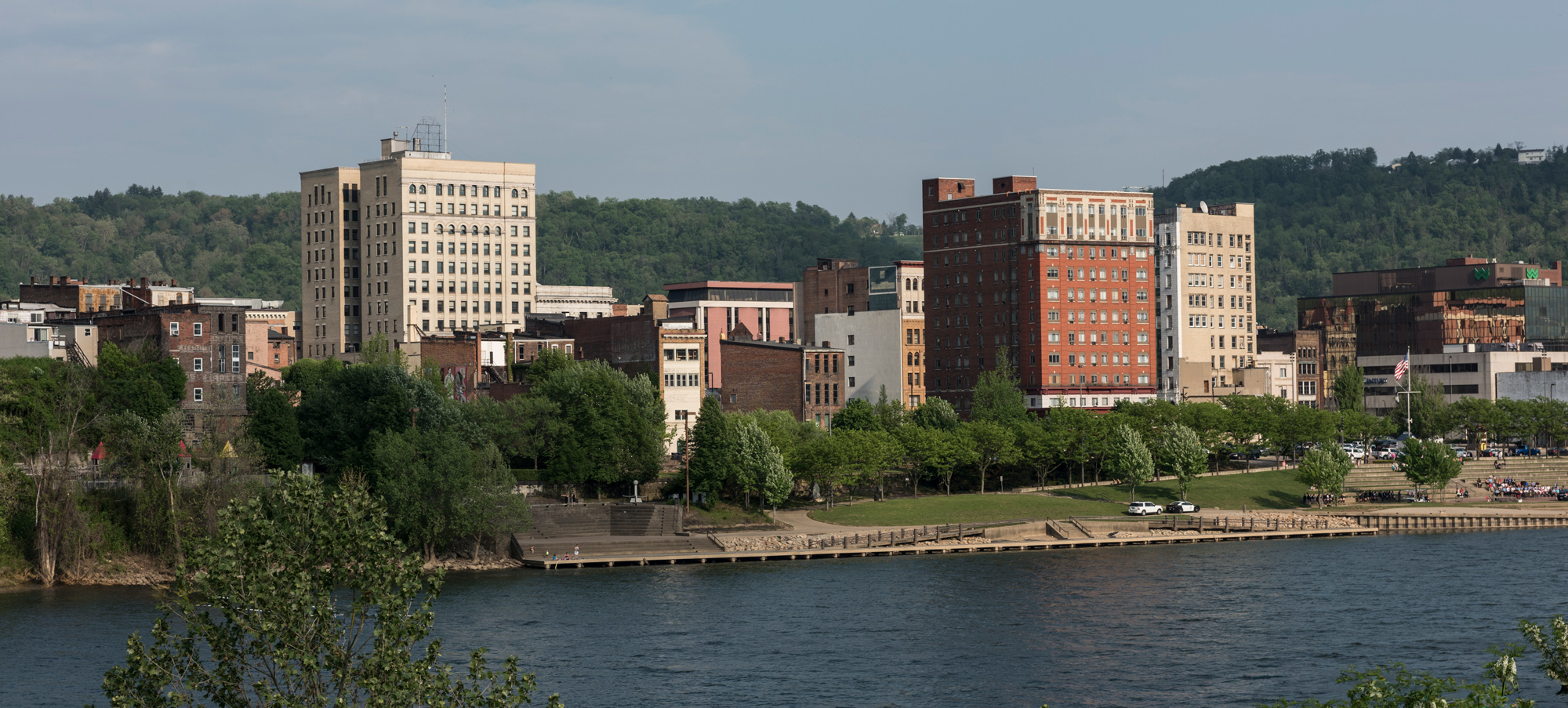
Heritage Port, Water Street, Wheeling, WV, USA
Distance: 0.25 mi (straight line)
Outdoor Experiences Viewpoints
View Listing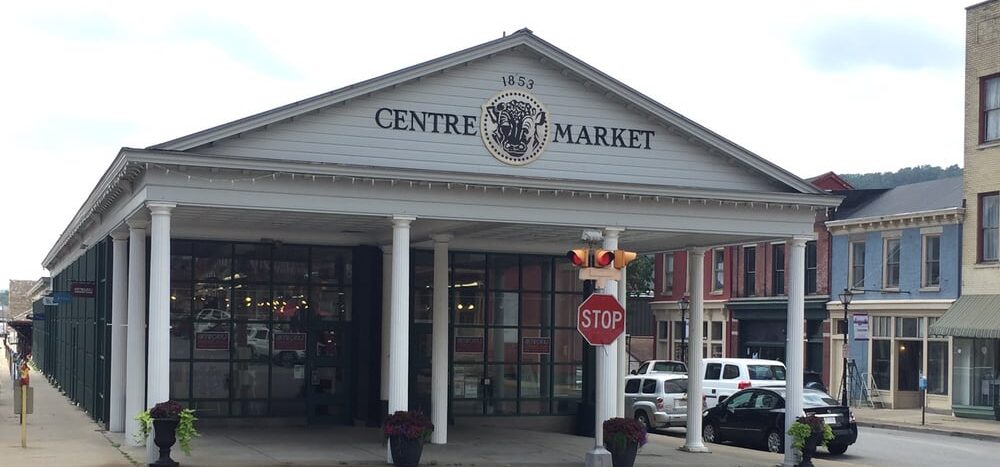
2200 Market St, Wheeling, West Virginia, USA
Distance: 0.35 mi (straight line)
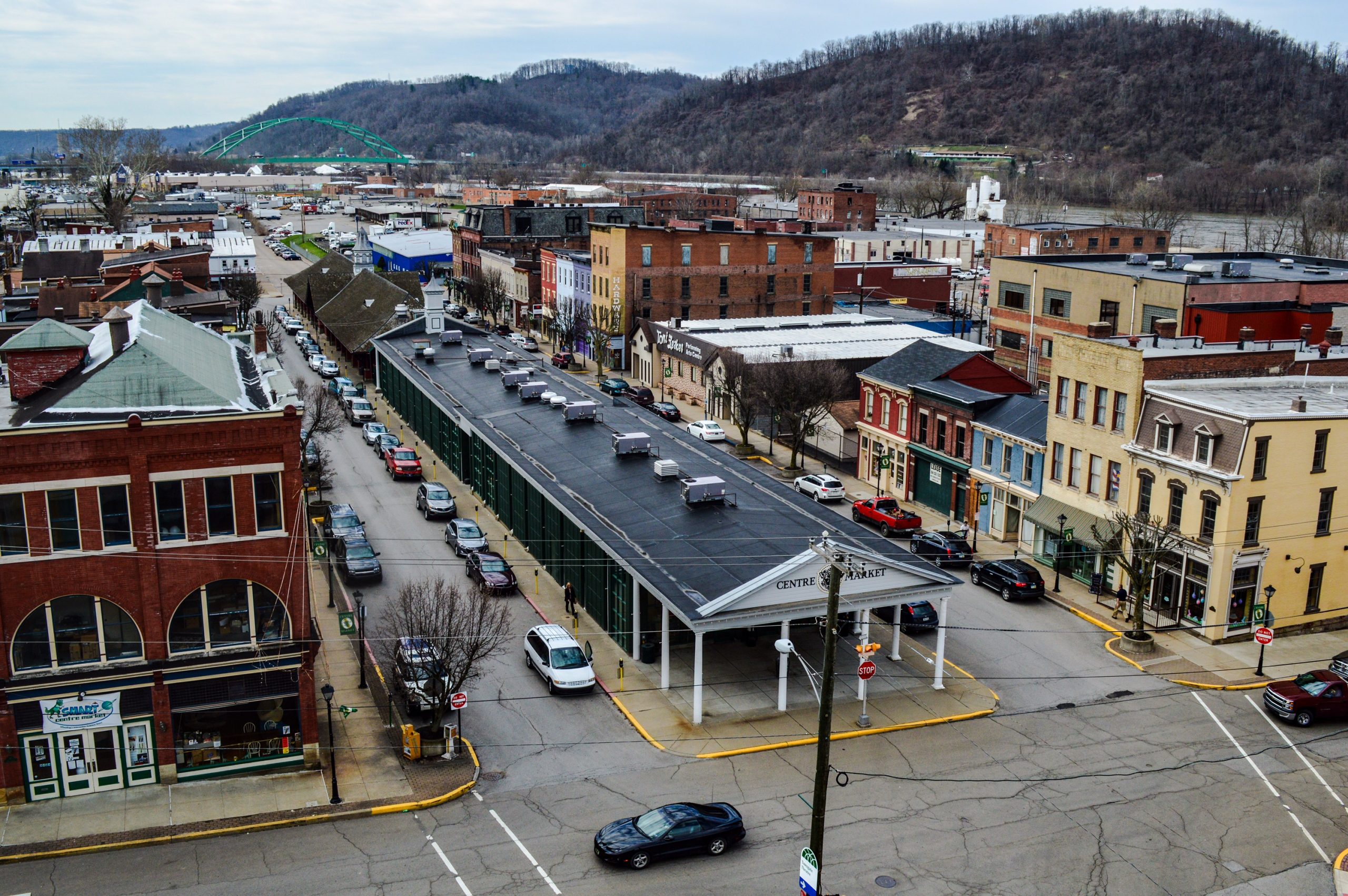
Centre Market, Wheeling WV, Market Street, Wheeling, WV, USA
Distance: 0.35 mi (straight line)
Festivals and Events Food and Drinks Shopping
View Listing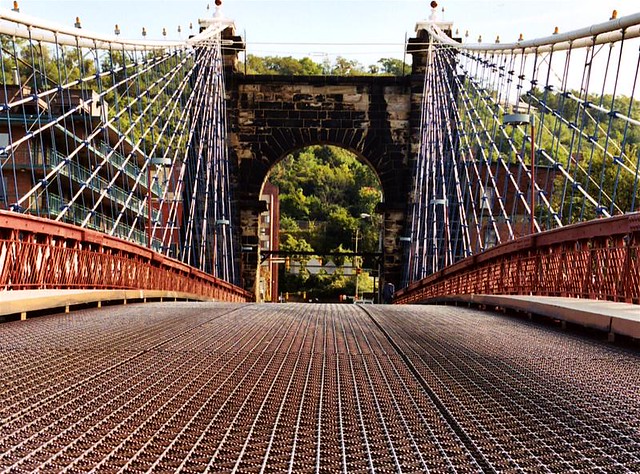
Wheeling Suspension Bridge, Wheeling, WV, USA
Distance: 0.49 mi (straight line)
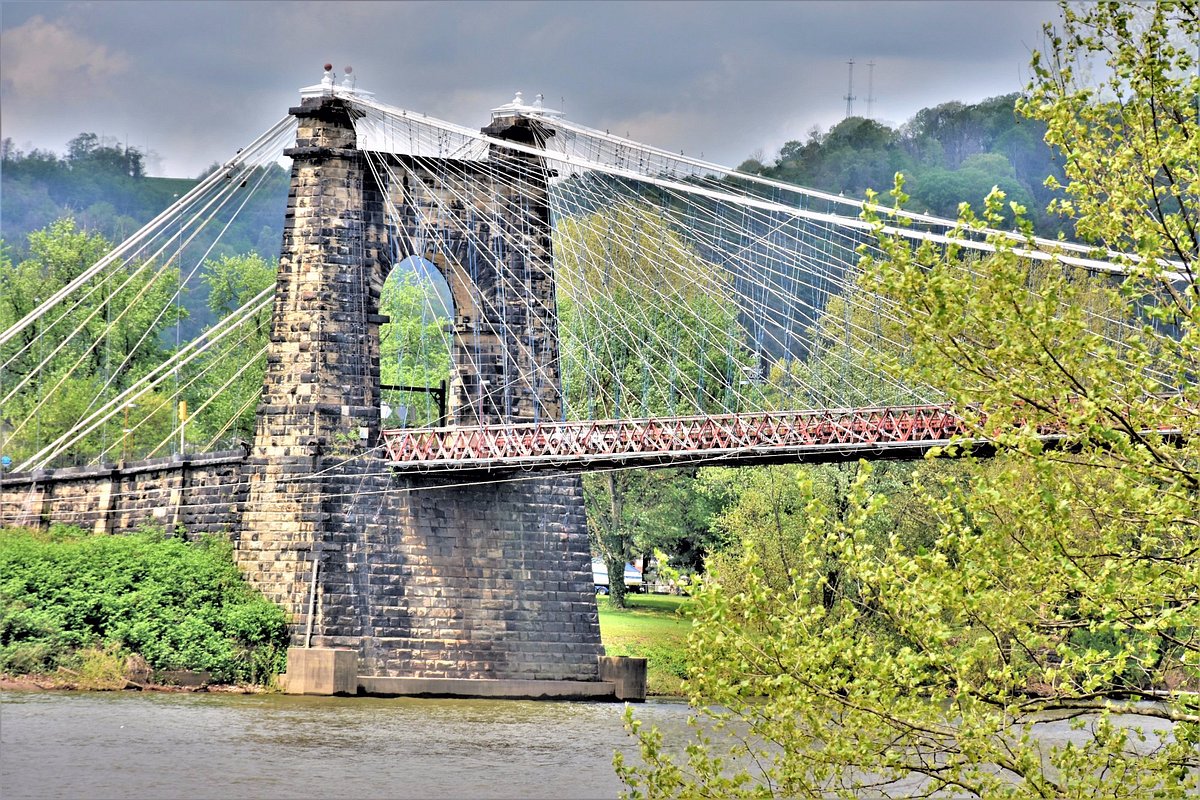
Wheeling Suspension Bridge, Wheeling, WV, USA
Distance: 0.49 mi (straight line)

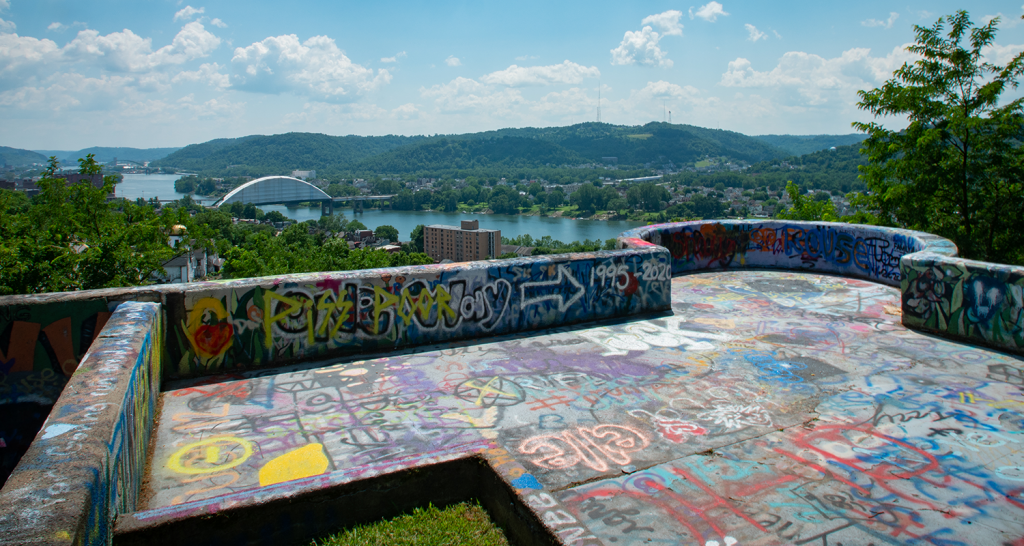
Mount Wood Overlook, Mount Wood Road, Wheeling, WV, USA
Distance: 1.09 mi (straight line)
Outdoor Experiences Viewpoints
View Listing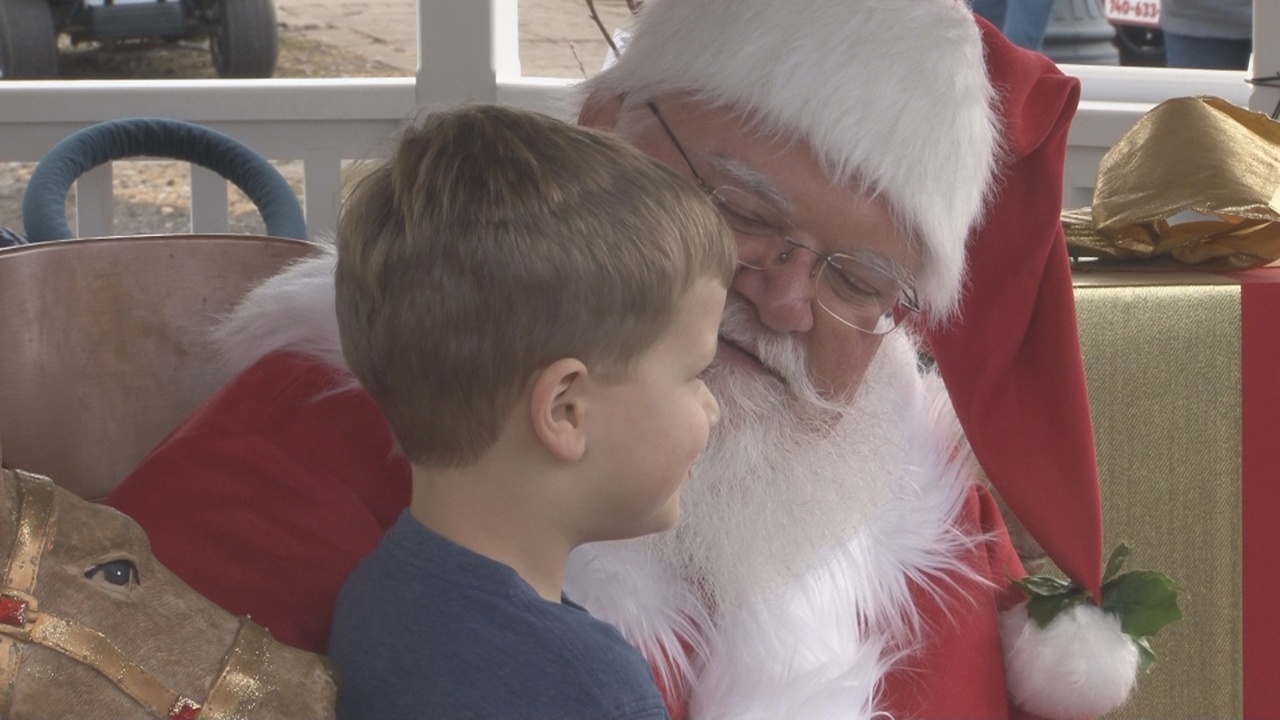

Martins Ferry, OH, USA
Distance: 2.19 mi (straight line)
Festivals and Events Fun and Sports
View Listing
410 Hanover Street, Martins Ferry, OH 43935, USA
Distance: 2.24 mi (straight line)
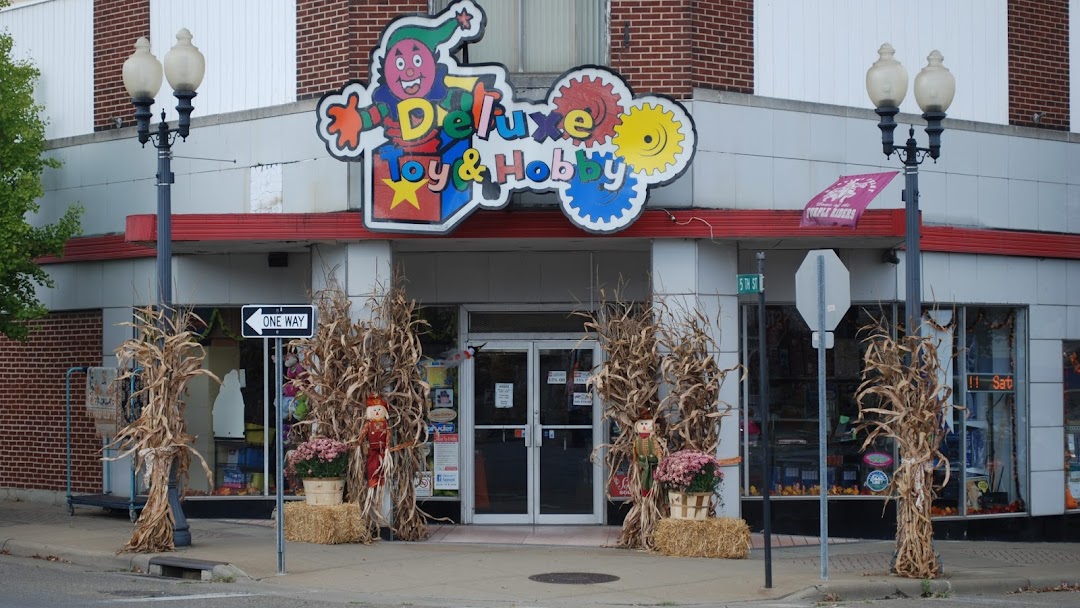
Deluxe Toy & Hobby, Hanover Street, Martins Ferry, OH, USA
Distance: 2.26 mi (straight line)
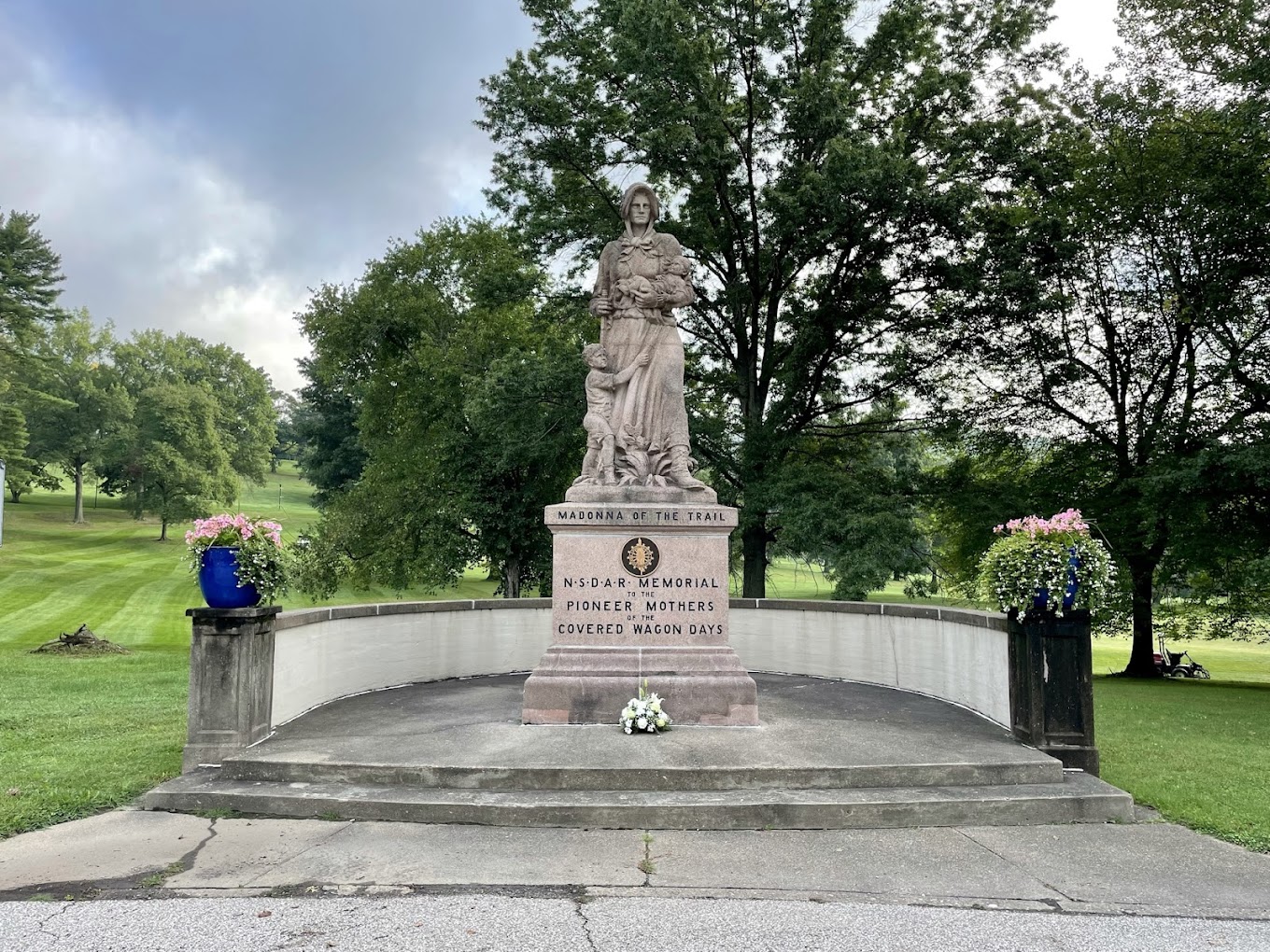
Madonna of the Trail, Wheeling, WV, USA
Distance: 2.84 mi (straight line)
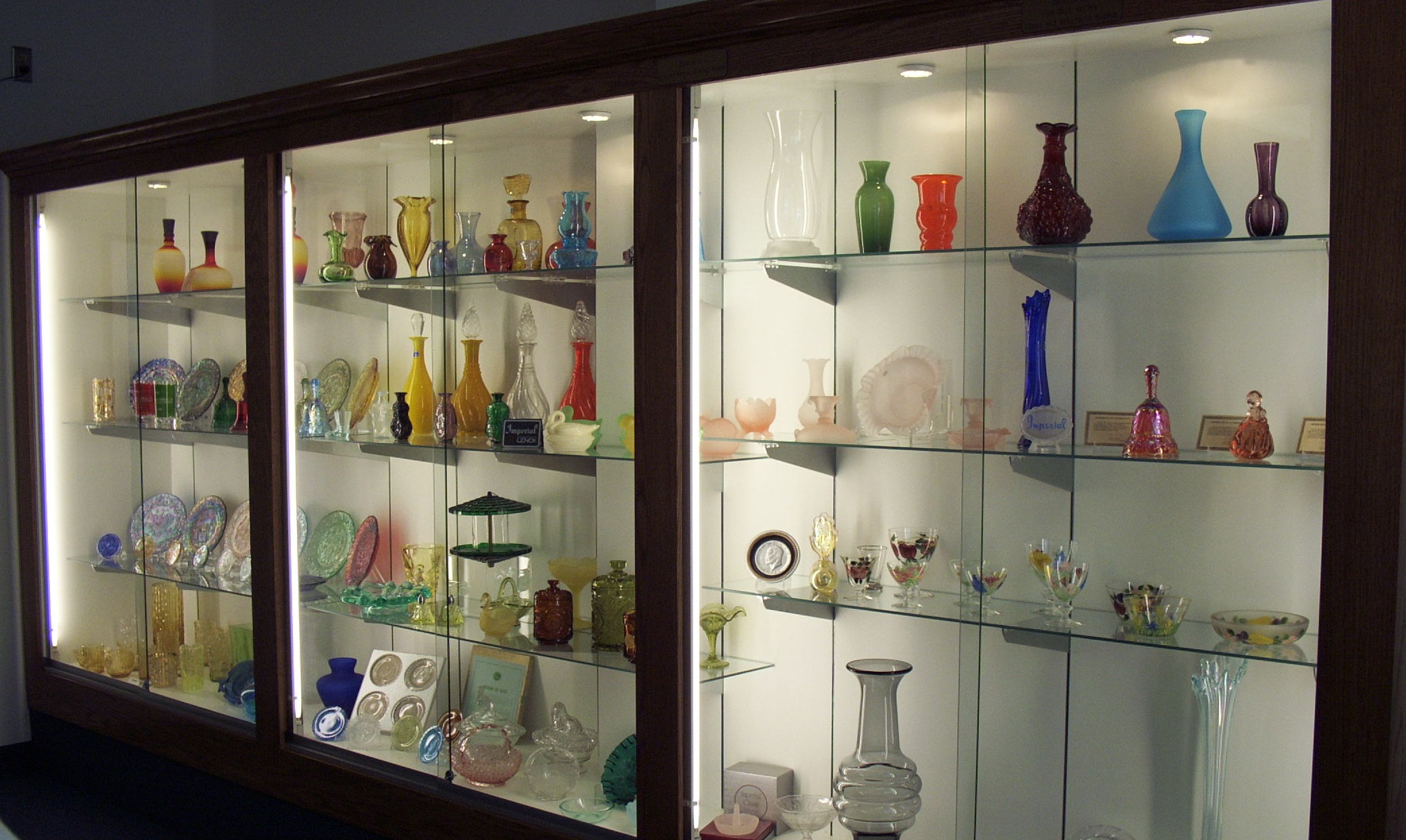
National Imperial Glass Museum, Belmont Street, Bellaire, OH, USA
Distance: 3.63 mi (straight line)
Galleries and Venues Museums and Interpretive Centers
View Listing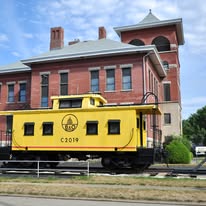
Kruger Street Toy and Train Museum, Kruger Street, Wheeling, WV, USA
Distance: 3.73 mi (straight line)
Museums and Interpretive Centers
View Listing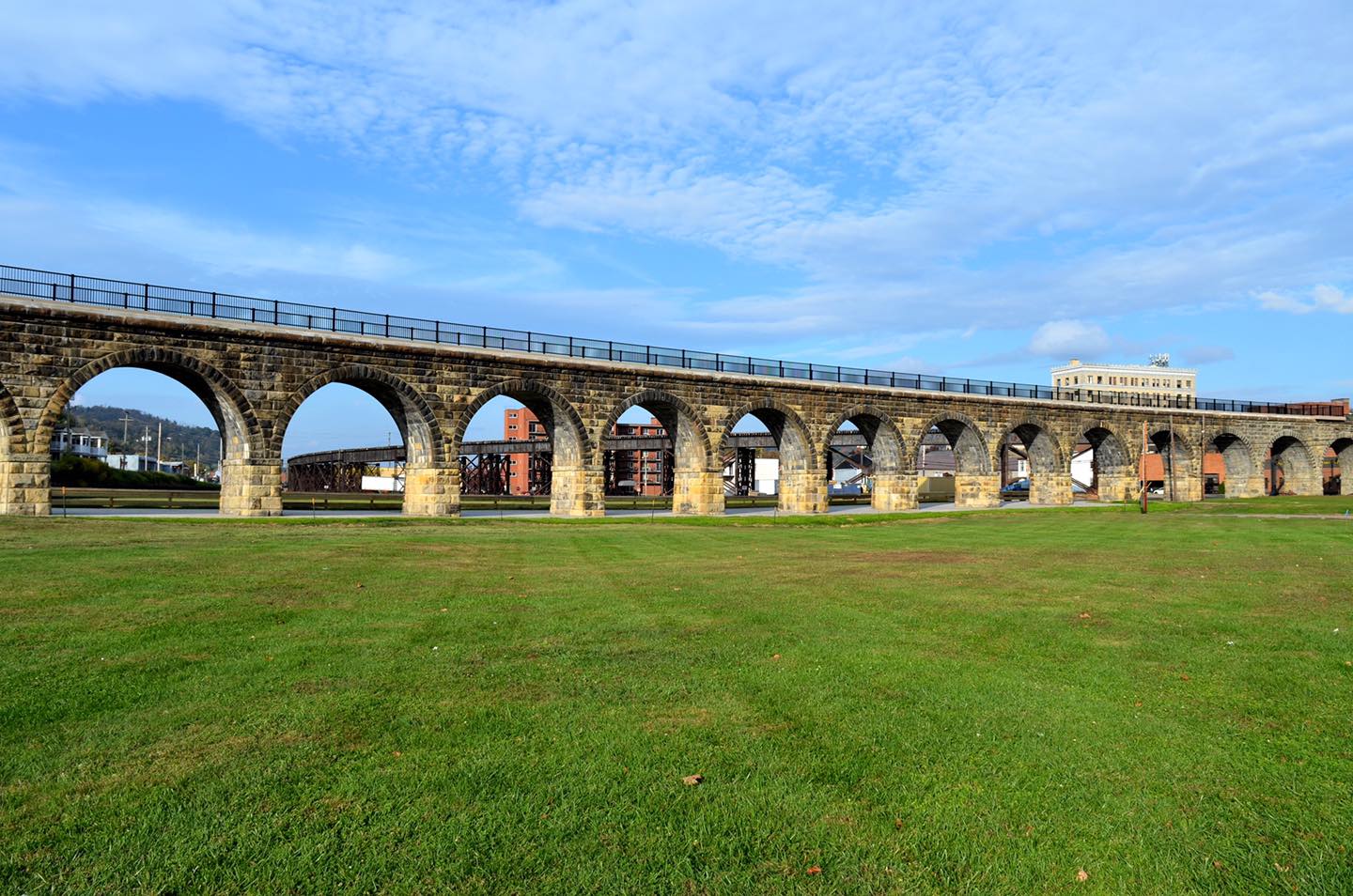
Great Stone Viaduct Historical Education Society, Union Street, Bellaire, OH, USA
Distance: 3.74 mi (straight line)
Our bi-weekly newsletter provides news, history, and information for those interested in traveling along along the Lewis & Clark Trail.